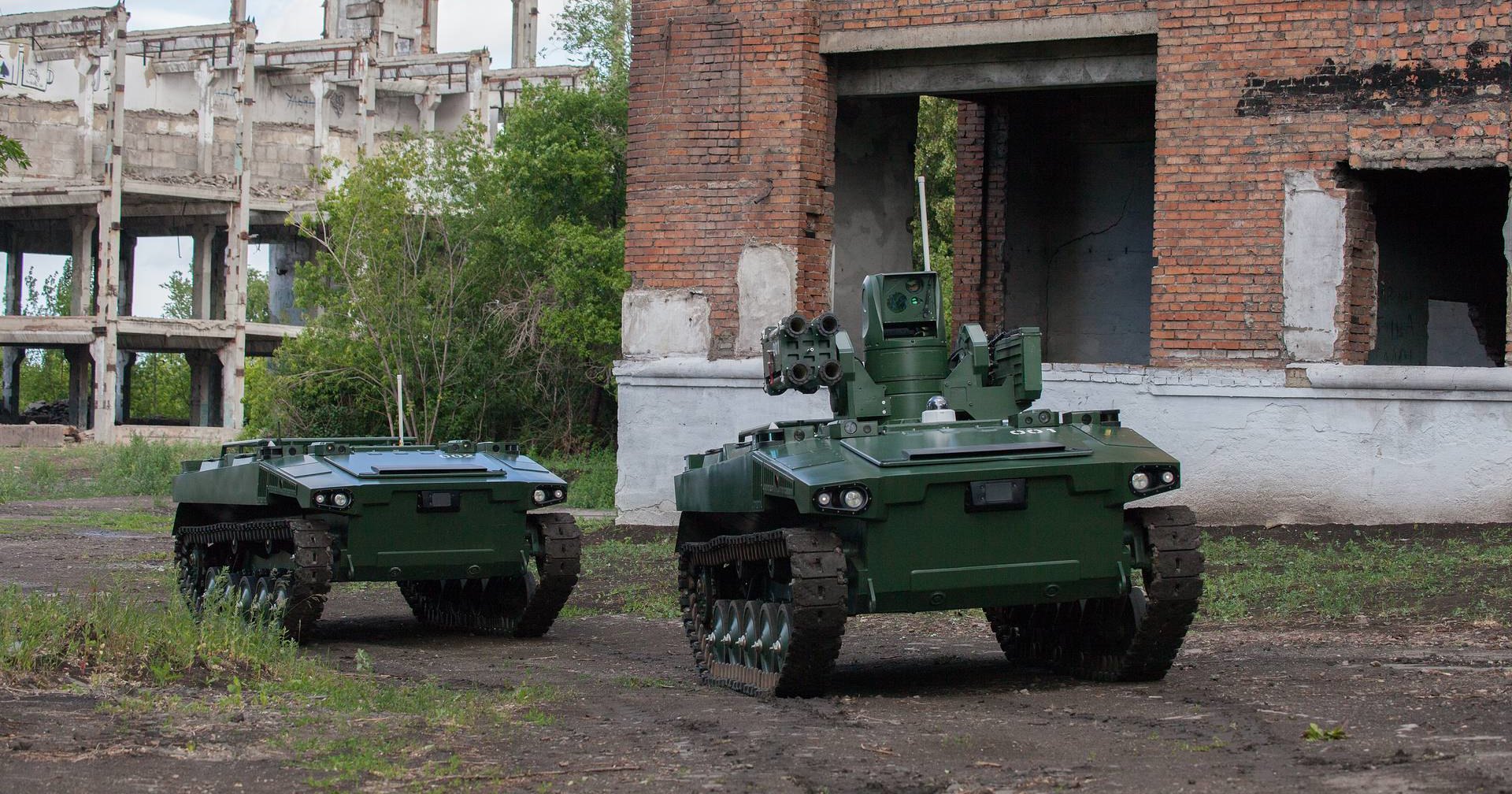Russia has begun trials of the new Marker unmanned ground system, the Russian Foundation for Advanced Research Projects announced on 29 June.
The Marker unmanned ground system is the joint project of the Center and the Android Technics Scientific Production Association. The modular platform is supposed to become the key element for practice of joint operation of ground robots, unmanned aviation and Special Operations forces. The Marker is positioned as a construction set for development of combat models in the future.
The final testing stage of the Marker robot will take place in 2021, then the robot will be handed over to the Russian Ministry of Defense, says Oleg Martyanov, who heads the Russian Foundation for Advanced Research Projects’ National Center for the Development of Technologies and Basic Elements of Robotics.
“We plan to conduct the final testing on tasks, given to us back in 2019, next year,” he said.
“Summarizing how we managed to solve the issue of autonomy, group control, machine vision, target recognition, speed and precision of targeting, we will be ready to hand over the results of our work to the customer next year,” the head of the center said.
However, the project will not stop after the final tests. According to Martyanov, the Marker will be used as a testbed for deflecting new threats; new technological solutions will be tested on this platform.
According to Martyanov, the new voice control technology on robot control are being tested on the Marker robotic platform.
“The Marker is learning to understand the received command and act, like a human,” the Center head said.
The specialists also work on increasing the robot’s autonomy, because the distance of operator control today does not exceed 2 to 5 kilometers, Martyanov disclosed.
“Our goal is to teach the Marker to perform tasks on its own at a significant distance from the operator, at a distance determined by the robotic platform’s range,” he said, adding that the Marker is supposed to be able to update its route and target locations on its own, by launching a reconnaissance drone. The Marker can move up to 500 kilometers away.
